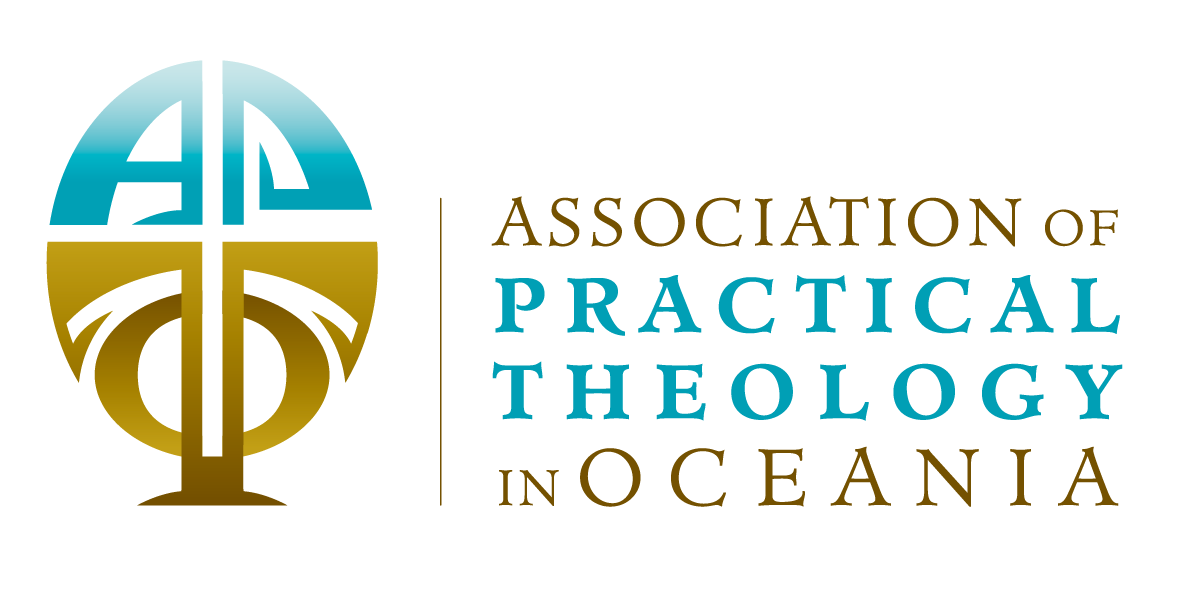

Discussion Time:
This paper will investigate the growth of the recent field of Johannine ethics with a particular focus on its usefulness as an aid to the interpretation of the Gospel of John and as a model for Practical Theology. To this end, the paper will answer the following questions: What have been the foci of interest in this developing field over the past twenty years? What methods have been used to produce these topics in Johannine ethics? How does Johannine ethics assist (or not) the interpretation of the Fourth Gospel (FG)? The twenty-first century has brought with it new challenges that are asking more from the Gospel texts and those who interpret them. The paper will seek to analyse the patterns and parameters of the trends emerging in Johannine ethics over the twenty years. “Ethics” is that branch of moral philosophy that prescribes how an individual or a group ought to behave based on a set of standards that make up a universal moral ideal or system (John Deigh, An Introduction to Ethics, 2010, 1-24). To say that the FG is not a philosophical treatise may seem to be stating the obvious, and indeed for much of the history of critical scholarship, the Johannine Gospel has not been part of a discussion on ethics as a codified moral system. That said, Wayne A Meeks favours the view that the FG is “an instrument of moral formation” (see “The Ethics of the Fourth Evangelist” FS D Moody Smith, 1996, 317). Therefore, our project will determine how the FG narrative proves resources that implicitly or explicitly deal with moral change actuated in and by a moral agent. In order to do this, we will begin by engaging in a critical analysis of the topics that have emerged and the methods that scholars have used to surface them. In this way we examine how some scholars have made use of the FG to engage in “moral making” or moral causality (in its broad sense) and determine if this facilitates our understanding of the Johannine narrative as a resources for ethics. It will also seek to answer whether the methodologies currently at hand are adequate to the task and if not, what might be added to create a more robust suite of tools for its use in Practical Theology.
The paper draws from a reading of John 4: 4-26 and the Samaritan woman’s desire for living water, to begin a theological conversation regarding Gender Based Violence. The intention is to analyse the social, political, cultural, religious and theological implications of GBV to demystify and confront the cause of much human suffering and woundedness. The Samaritan woman in her encounter with Jesus expresses a thirst for living water and in doing so she slowly becomes aware of her own need for healing. Her instinctual willingness to confront the reality of her human being, is a form of 'spiritual seeing' leading her towards her conversion, or state of healing. She is transformed from a state of humiliation, failure, privation, pain, betrayal, desertion through the mutual respectful conversation she has with Christ. By starting the conversation with the story of the Samaritan woman, this paper aims to : 1. uncover the underlying illegitimate power and control most specifically in GBV, a 'silent pandemic' with theological implications; 2. demonstrate the need for an authentic praxis based on solidarity and liberation as situated in a real soci-historical situation; 3.breakdown existing stereotypes and misconceptions about women and GBV. Healing, this paper proposes is metaphorically expressed as 'living water'- that universal desire for freedom and being one's best self. The paper proposes that mutual respectful conversations about a specific human crisis (GBV) can be the catalyst for healing of victims and survivors of violence in societies. It begins with understanding a universal humanitarian issue to ask specific questions about systemic, cultural, religious and social abuse of power and authority. On a larger scale this paper proposes that GBV is symptomatic of the continued disparity where women's role and place in society is concern.
A common theme among older women is the notion that they have become invisible. They are unseen in shops, in queues and in our faith communities. In the rush to replace ageing members with young families, older women may have their needs, desires and potential contributions overlooked in favour of people who seemingly have more long-term potential for the church. What would it mean if we took time to see old women for who they are? This paper will explore the concept of old age from both historical and modern perspectives, considering the way that our notion of what it means to be old colours our expectations and understanding of this part of the life journey. It will also explore the way ageing has stayed the same as well as changed over the course of history. It will consider the gendered nature of ageing and how the experience of older women fits within broader expectations of what it means to be female. It will draw on philosophical ideas proposed by Germaine Greer, Simone de Beauvoir and Betty Friedan in their books dedicated to ageing, and suggest that it is time to reclaim the idea of the crone. Finally, the theological elements of ageing for women will be considered through biblical, spiritual and pastoral care lenses as we consider the current day implications of the repeated injunction to care for the widow among other vulnerable groups.